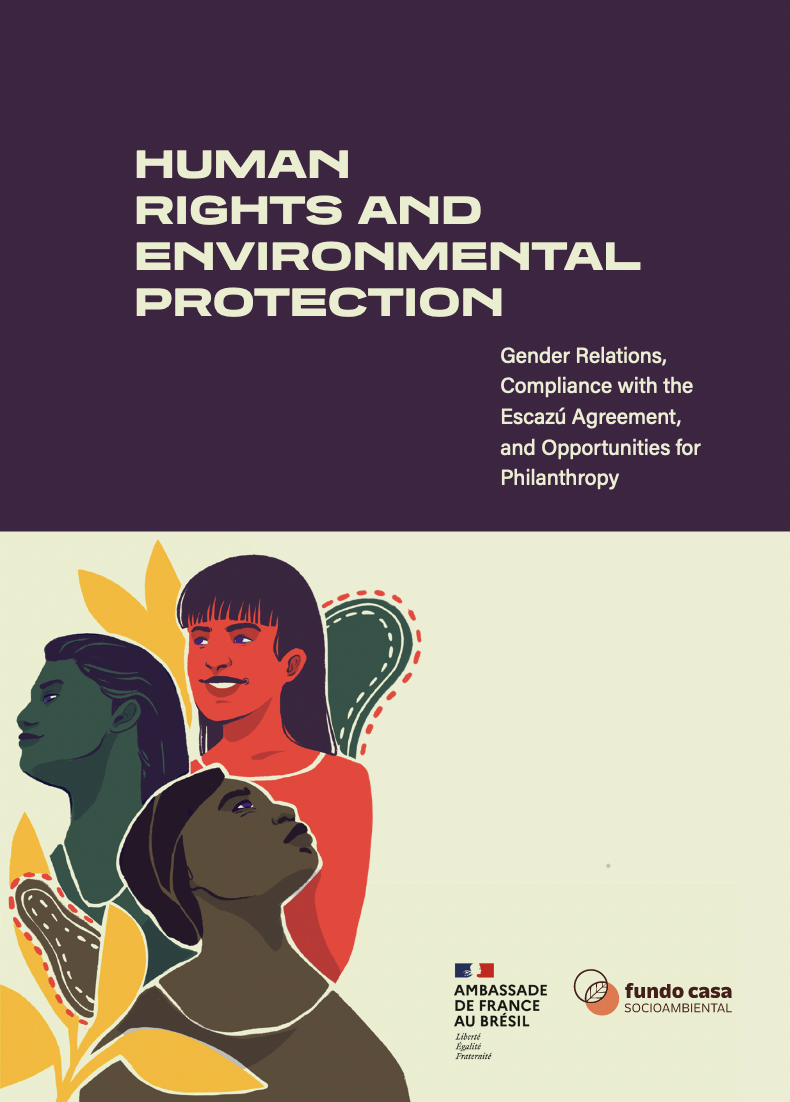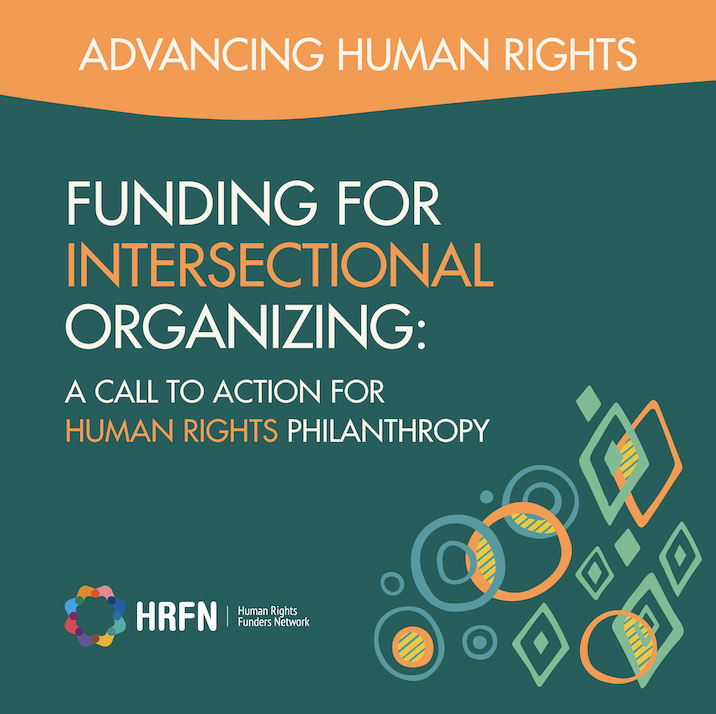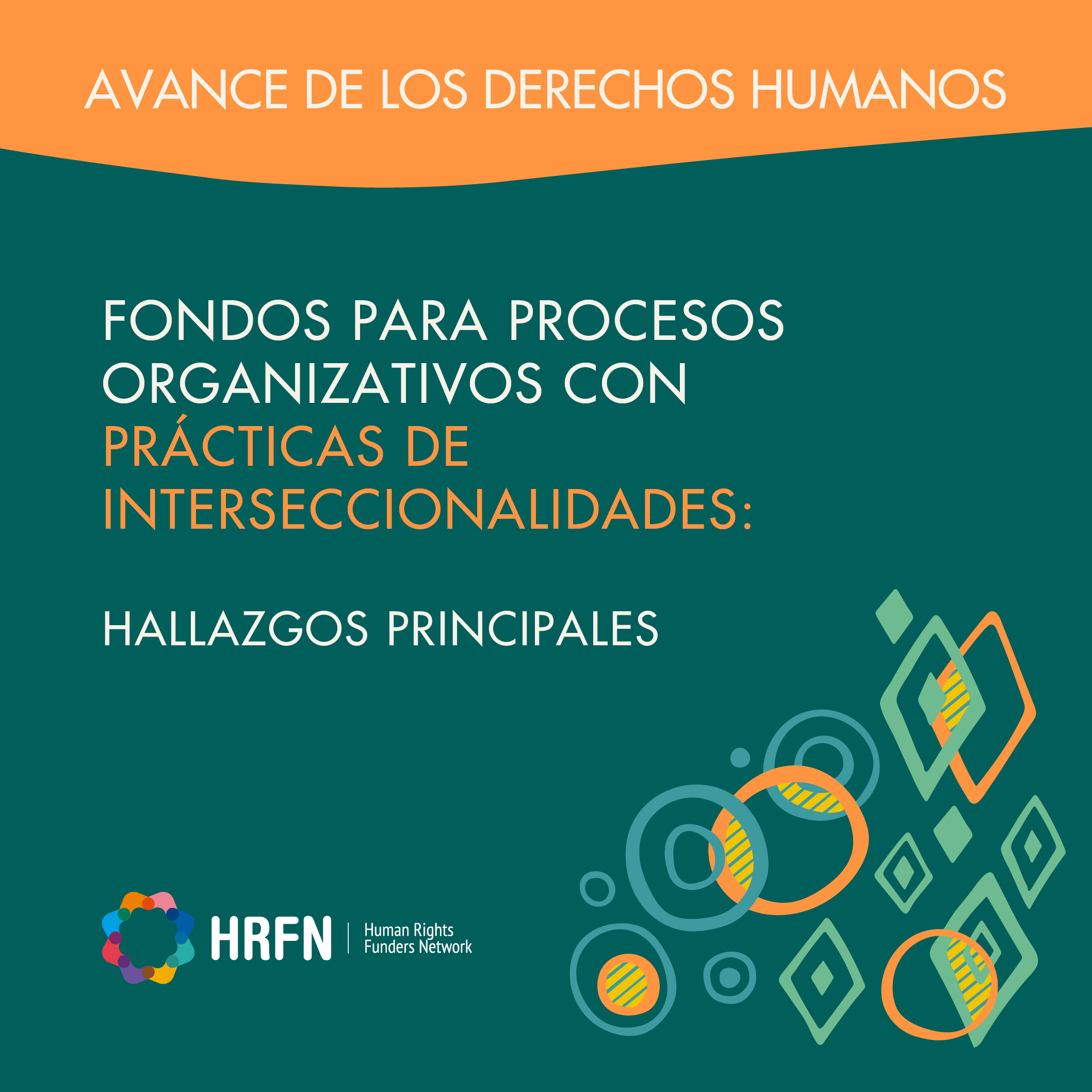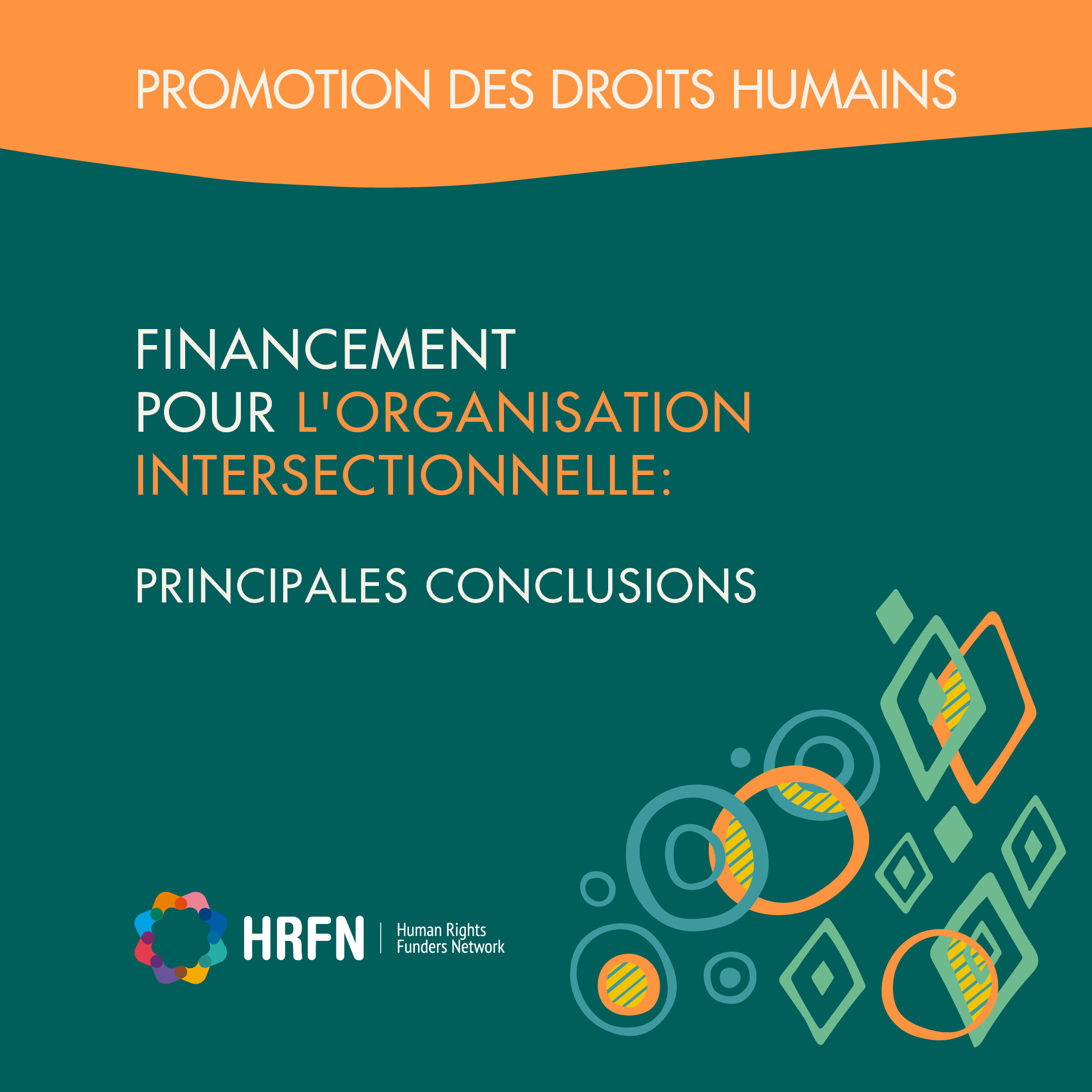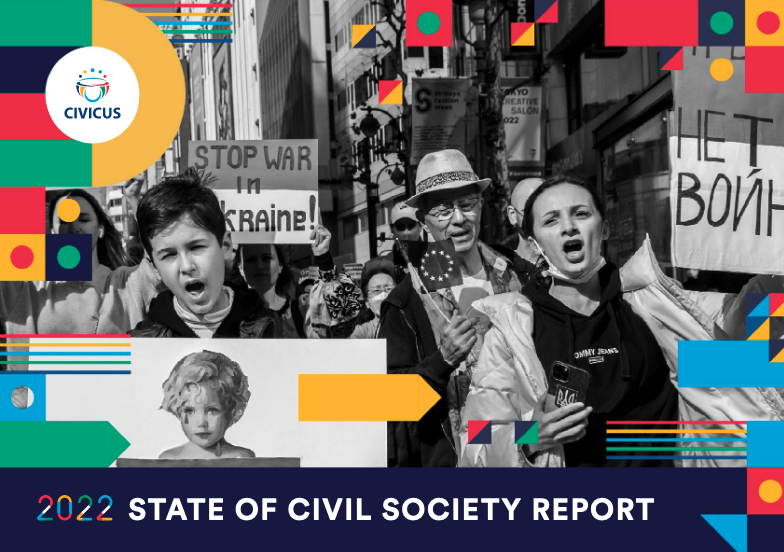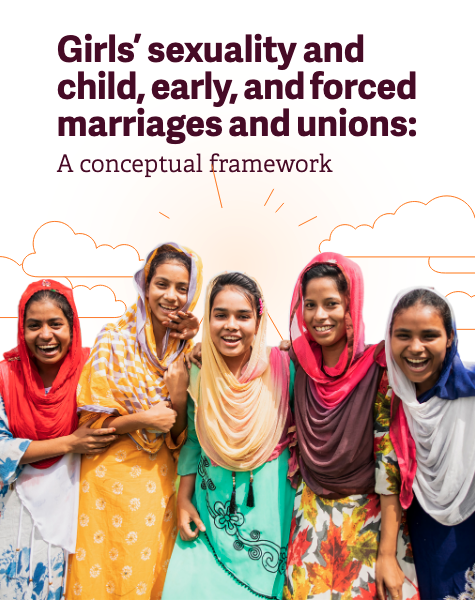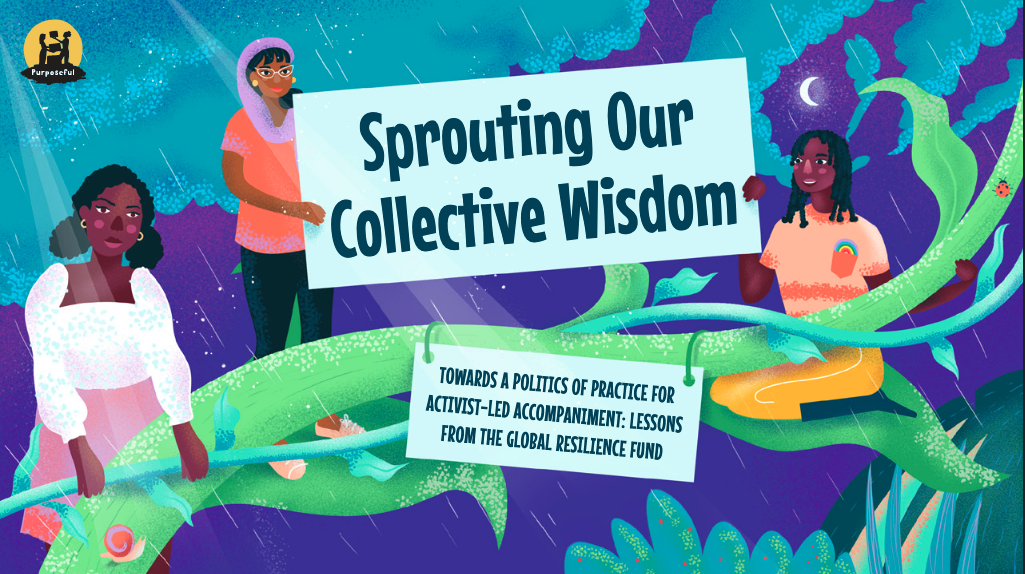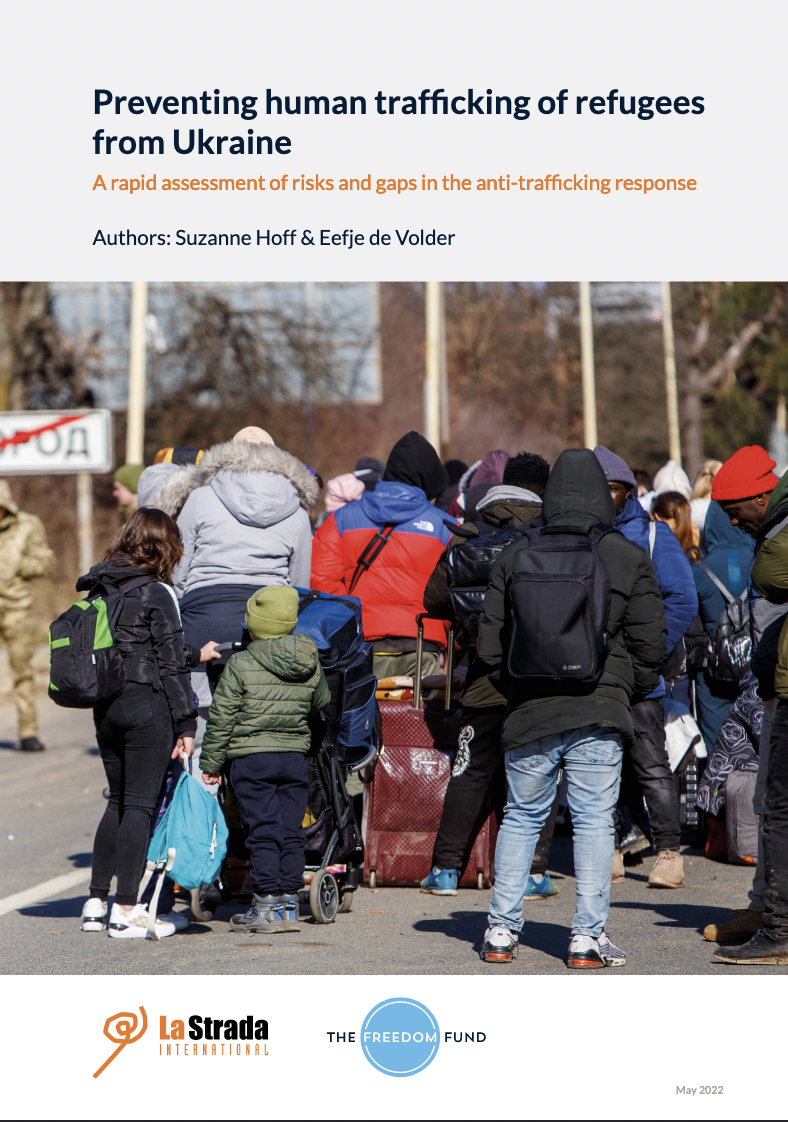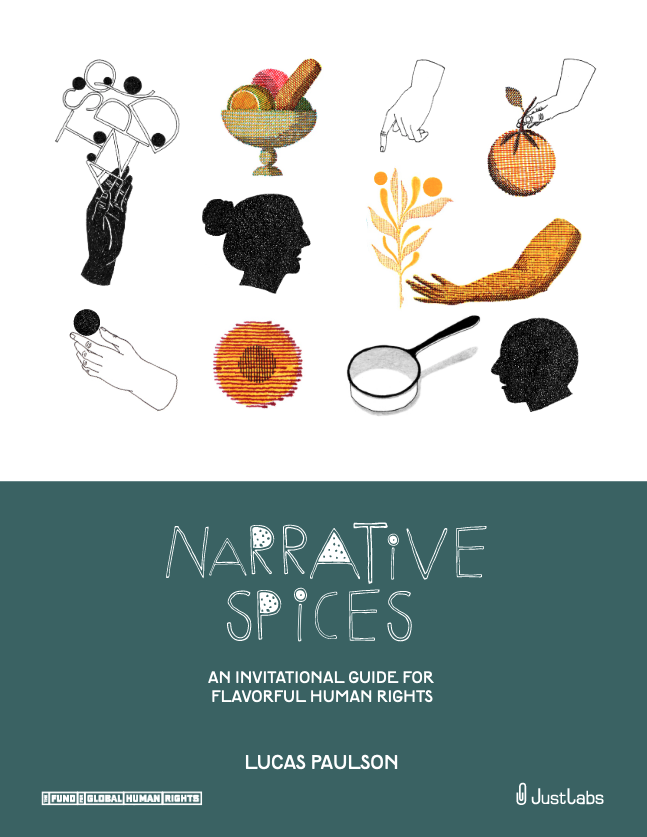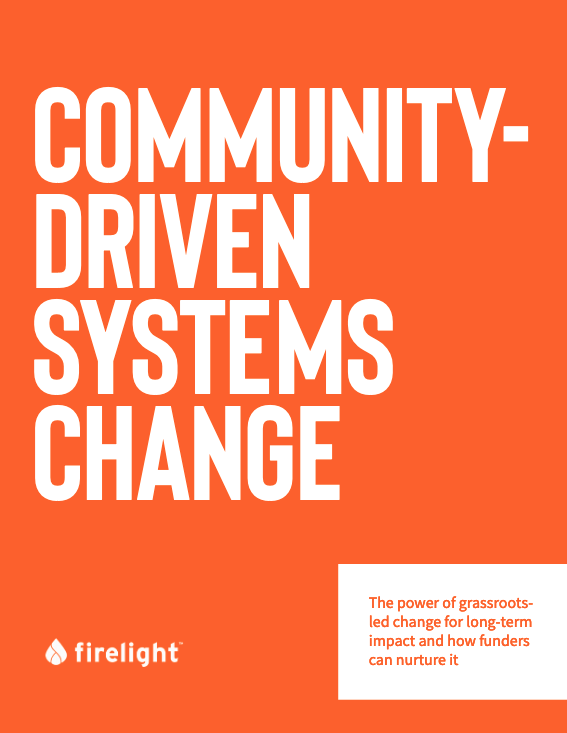Human rights and environmental protection: Gender relations, Compliance with the Escazú Agreement and Opportunities for Philanthropy
The Casa Socio-Environmental Fund, in partnership with the French Embassy in Brazil, are pleased to announce the release of their report “Human rights and environmental protection: Gender relations, Compliance with the Escazú Agreement and Opportunities for Philanthropy”.
